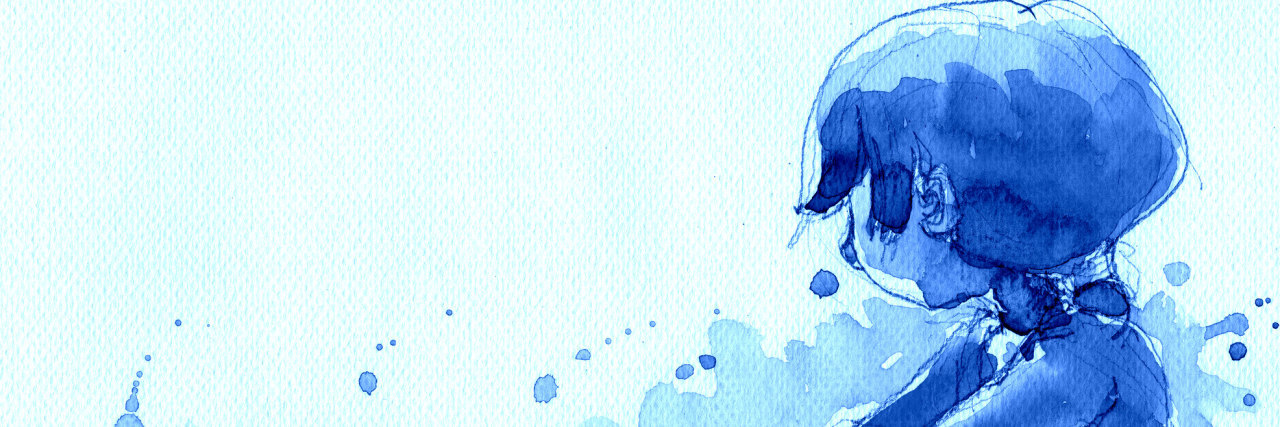Even though I had all the classic symptoms and psychological traits of someone who has been abused, it took me a long time to understand and own what happened to me. For many years, I thought it wasn’t “that bad.” After all, there was no physical evidence, at least not in the way a bruise or a broken arm communicates the obvious. I had no dramatic story that could someday become a Lifetime movie. There was nothing particularly “off” about my abusers that an outsider would pick up on. If you met them, you would think they were normal people.
The abuse I experienced was rarely grandiose, though my abusers were. Instead, it was the cumulative effect of many years of subtle lies, manipulation and devaluation. It was in the form of gaslighting and emotional neglect. It was the quiet but consistent denial of my boundaries and personhood. It was the kind of abuse that is so under the radar, no one sees it. If I were to try to describe it to others, they would give me the too familiar doubtful sideways glances, reinforcing the messages of my abusers that I was being dramatic over nothing, or making things up. Even knowing everything that was going on inside of me as a result of the abuse, I doubted my own experience. And that is exactly why it is worst of all.
I had been trained from birth to accept responsibility for the abuse. For much of my life, I believed there was something wrong with me for having such an extreme reaction toward my abusers. Spending any amount of time around them, I felt anxious and physically ill. I was labeled “too sensitive” if I expressed feelings of any kind, so I bottled my reactions and tried as best I could to go along. Even in cases where clear cut, prosecutable abuse was happening, I was so conditioned to believe it wasn’t “that bad” that I threw all the overt experiences of abuse on top of the slush pile of all the other psychologically confusing ones. Turns out, my entire childhood was pockmarked with sexual abuse I didn’t even categorize as such because “it’s not that bad” was the pre-programmed answer to everything that happened to me.
With psychological abuse and emotional neglect, survivors are denied physical evidence. They are denied an event which defines the problem. They are denied a clear, relatable story. They are denied people who believe them. They are denied a justice system that can help them. They often only have themselves to believe, and often, as a result of the very abuse they suffer, they are denied that, too.
Survivors of psychological abuse and emotional neglect are often at greater risk of lifelong physical and psychological effects than those who have experienced more overt trauma. The complex nature of their experience often translates to C-PTSD, anxiety, depression, panic disorders, autoimmune disorders and chronic pain. Like the nature of the abuse they endured, they are most at risk of having a myriad of vague, difficult-to-diagnose symptoms, such as chronic fatigue or fibromyalgia. They are most often the kind of people who get bounced around to specialists who can’t help them, adding even more sideways glances and disbelief to their collection.
Growing up, I can remember thinking, If only I had some physical evidence, maybe someone would understand. Several years ago, a friend of mine was mugged, shot and miraculously survived. As devastating as was her experience and recovery, and as much as my heart broke for her situation, I couldn’t help but notice the twinge of sadness watching the outpouring of sympathy and support for her. Literally thousands of people were praying for her. Collections were taken up to pay for her medical expenses. Her entire family was at her bedside, and lovingly nurtured and supported her through her recovery. The person who shot her was arrested and prosecuted. She struggled with PTSD symptoms, especially when she had to testify in court, but she was never in a situation where no one believed her. People empathized and sympathized in spades for her. She had a couple of tough years, but now she is now an inspirational speaker who shares her story with others. While in no way do I wish to minimize the gravitas of her experience, I can’t help but wonder that compared to those who live entirely alone with the everyday, unseen struggle of psychological abuse, maybe being shot was not that bad.
Getty Images photo via Archv

